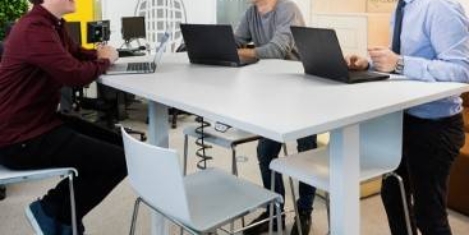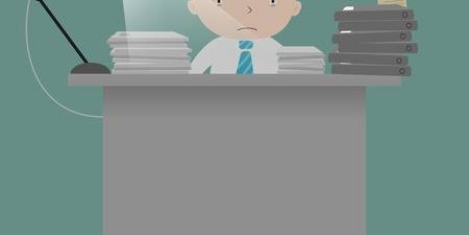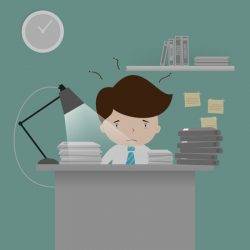November 3, 2016
Quarter of staff off work with stress hide truth from employers 0
A startling number of people in the UK who are suffering from stress hide from their employers, according to new research from Aviva to mark National Stress Awareness Day. A quarter of people (25 percent) surveyed admitted taking a day off work with stress but then blamed it on a physical illness. Based on the current number of people working in the UK, it indicates that almost eight million people are suffering in silence. The data also suggests that a third of people (33 percent) have taken a day off work with stress at some stage in their career. 25-34 year olds were the most likely to have taken time off (46 percent) with those aged over 55 seemingly the least likely to need time away from work (25 percent). More than half of men (53 percent) who had taken a day off work with stress at some stage in their career said they had done so in the last year, compared to just a third of women (34 percent).



































October 25, 2016
Millennials have just the same needs for peace and quiet as everybody else 0
by Steven Lambert • Comment, Wellbeing, Workplace design
More →